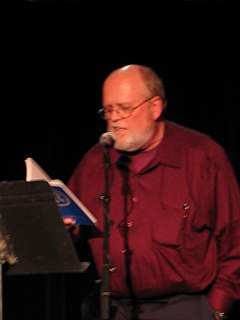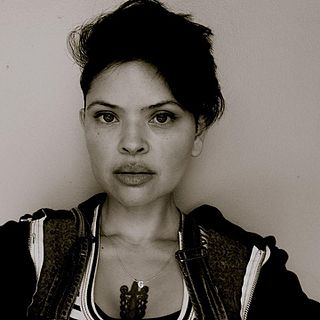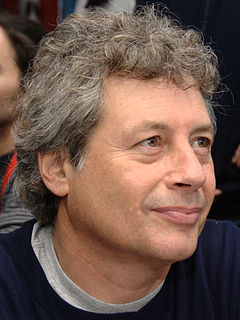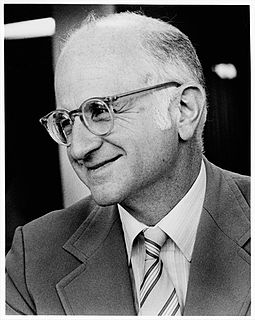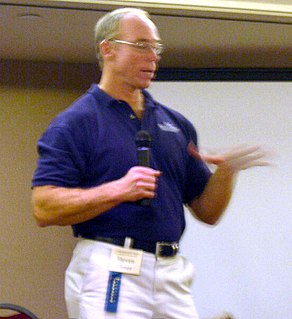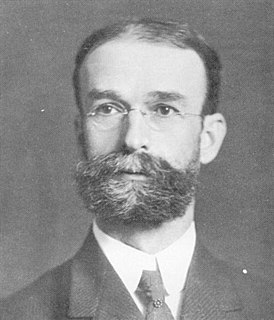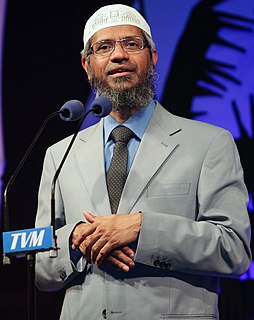A Quote by Hilary of Poitiers
For there have risen many who have given to the plain words of Holy Writ some arbitrary interpretation of their own, instead of its true and only sense, and this in defiance of the clear meaning of words. Heresy lies in the sense assigned, not in the word written; the guilt is that of the expositor, not of the text.
Related Quotes
The framers of the constitution employed words in their natural sense; and, where they are plain and clear, resort to collateral aids to interpretation is unnecessary, and cannot be indulged in to narrow or enlarge the text; but where there is ambiguity or doubt, or where two views may well be entertained, contemporaneous and subsequent practical construction is entitled to the greatest weight.
I'm not naive. Sometimes interpretation is more of an art than a science. There are those who would label interpretation absolutely anything a judge might do or, two, the text of a statute or the Constitution. But it seems to me there comes a point where a judge is using his own creativity and purpose and crosses the line between interpreting a text written by somebody else and in a sense creating something new.
Be faithful and true of word; let thy walk be plain and lowly: thou wilt get on, though in savage land. If thy words be not faithful and true, thy walk plain and lowly, wilt thou get on, though in thine own home? Standing, see these words ranged before thee; driving, see them written upon the yoke. Then thou wilt get on.
What's happening is the language. Not only in the usual sense of being interesting (which it is), but in the new sense that words are events, as real and important in themselves as wars and lovers... It is to the word, then, that the mind moves, and the word responds by taking on a physicality, even a sensuality, we have all been trained to ignore. Words have weight, and the distance between two can be a chasm filled with forces of association... What Clark is doing is genuinely new.
I see things in hardcopy that I miss if I only see words on screen. I do get sick of the words, but I like to see everything spread out because I get a sense of scale that is missing from screen. Going over each sentence many, many, many times gives me incredible intimacy with sentences, especially their rhythm. The rhythm and music of words matter a lot to me and it only takes one misplaced word to spoil the music.
I am a dreamer of words, of written words. I think I am reading; a word stops me. I leave the page. The syllables of the word begin to move around. Stressed accents begin to invert. The word abandons its meaning like an overload which is too heavy and prevents dreaming. Then words take on other meanings as if they had the right to be young. And the words wander away, looking in the nooks and crannies of vocabulary for new company, bad company.
I'm very concerned with questions of language. This is what I think of when I think of myself as a writer: I'm someone who writes sentences and paragraphs. I think of the sentence - not only what it shares but, in a sense, what it looks like. I like to match words not only in a way that convey a meaning, possibly an indirect meaning, but even at times words that have a kind of visual correspondence.
Here the only genuine conflict is between true believers. Of a given text in Holy Writ one faction may say this thing and another that, but both agree unreservedly that the text itself is impeccable, and neither in the midst of the most violent disputation would venture to accuse the other of doubt. To call a man a doubter in these parts is equal to accusing him of cannibalism. Even the infidel Scopes himself is not charged with any such infamy.
A definition is nothing else but an explication of the meaning of a word, by words whose meaning is already known. Hence it is evident that every word cannot be defined; for the definition must consist of words; and there could be no definition, if there were not words previously understood without definition.
Some people study a text very deeply. The people are my text. I study their words and what their words sound like, over and over again. When I was a kid, my grandfather said that "if you say a word often enough, it becomes you." Thinking of that later in life gave me this idea that I could try to become America by learning the words of people from many aspects of the country. It doesn't matter how educated they are. By living in the world and living their experiences, they bring extraordinary truths. I try to do those truths justice.
Words are substance strange. Speak one and the air ripples into another's ears. Write one and the eye laps it up. But the sense transmutes, and the spoken word winds through the ear's labyrinth into a sense that is no longer the nerve's realm. The written word unfolds behind the eye into the world, world's image, and the imagination sees as the eye cannot see-thoughtfully.
What is the good of words if they aren't important enough to quarrel over? Why do we choose one word more than another if there isn't any difference between them? If you called a woman a chimpanzee instead of an angel, wouldn't there be a quarrel about a word? If you're not going to argue about words, what are you going to argue about? Are you going to convey your meaning to me by moving your ears? The Church and the heresies always used to fight about words, because they are the only thing worth fighting about.
Kafka often describes himself as a bloodless figure: a human being who doesn't really participate in the life of his fellow human beings, someone who doesn't actually live in the true sense of the word, but who consists rather of words and literature. In my view, that is, however, only half true. In a roundabout way through literature, which presupposes empathy and exact observation, he immerses himself again in the life of society; in a certain sense he comes back to it.





